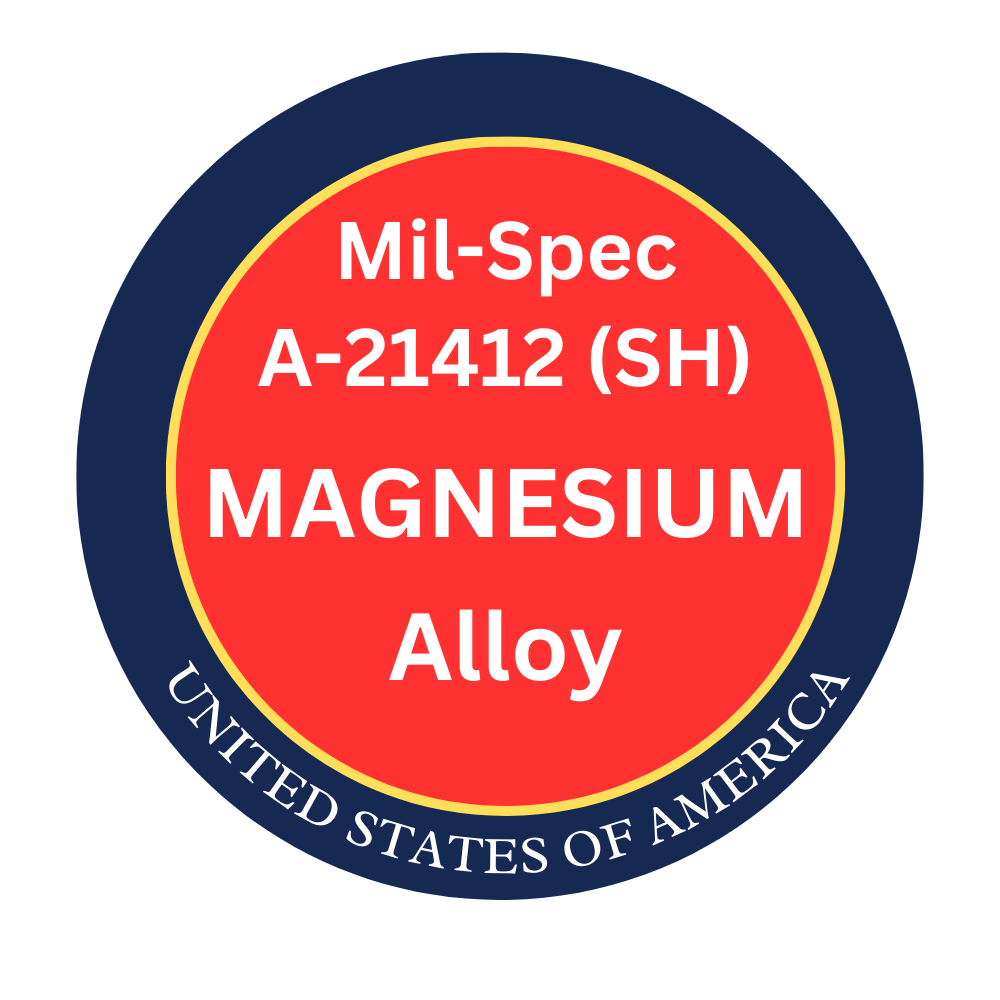Alloy Selection - Magnesium
Posted by BoatZincs.com on 2024 Feb 23rd
 “What kind of anodes do I need?”
“What kind of anodes do I need?”
For new boaters, or for boaters who have never changed their own anodes before, that’s an extremely common question. And it’s one that, we’ve noticed, the internet seems to have a hard time answering directly. Do a search, and you’re tasked with wading through bad advice, old wisdom, dissenting opinions, and marketing.
So here in our series on the basics of corrosion and corrosion control, we’d like to take the opportunity to clear things up. Boaters have the option of zinc, aluminum, or magnesium. And the best alloy for you will depend on a few factors.
MAGNESIUM
Freshwater
Only
While saltwater boaters have a choice in their alloy selection, it’s a good deal more cut and dry in freshwater. Magnesium is the absolute best alloy to use there, offering the most protection possible.
Aluminum is the second-best option for freshwater boaters. However, aluminum would be ideal for anyone
who thinks they may cruise in salt or brackish water. Magnesium works a little too well in the presence
of salinity. Even a short trip into saltwater
would result in magnesium anodes taking a serious hit.
Now, ideally, every anode that’s made in zinc would also be made in magnesium. There’s more variety in the availability of magnesium
anodes than ever before, but there are still instances where a compromise is
necessary. Either by using aluminum or,
in some cases, zinc. While it’s true that zinc is not very effective in freshwater (not for long, anyway), folks with
older or rarer systems may find that zinc is their only option. In freshwater, zinc will passivate. A stainless steel wire brush can open up a
chalked up zinc, allowing it to perform as an anode once more.
